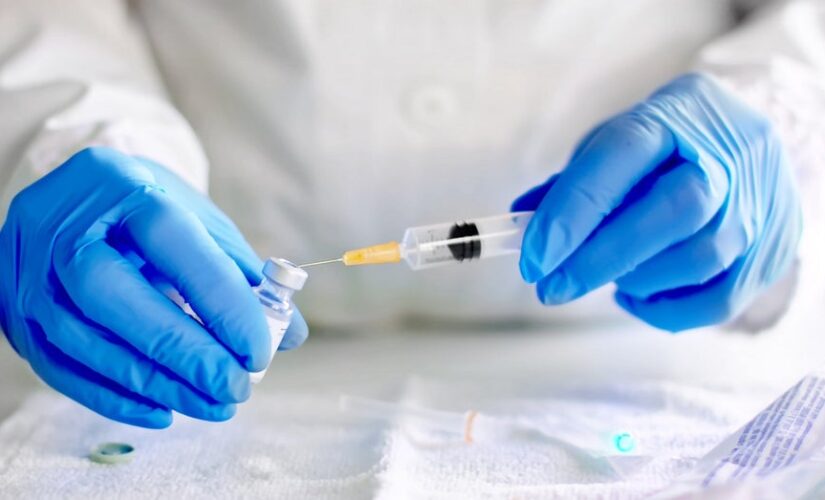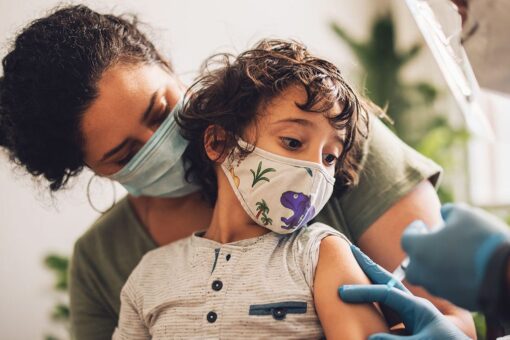Health officials in Massachusetts say that they have detected a strain of gonorrhea in two individuals that has shown a reduced response to multiple antibiotics.
The Massachusetts Department of Public Health made the announcement on Thursday.
Officials said that this marks the first time that a strain of gonorrhea that shows a resistance or reduced response to antibiotics has been detected inside the United States.
Gonorrhea is a sexually transmitted infection that is bacterial, and can come with little to no symptoms. According to the health agency, it can “result in pelvic inflammatory disease, infertility, and other health problems” if untreated.
COVID OMICRON SUBVARIANT XBB: WHY THE NUMBER OF CASES IS LIKELY FAR GREATER THAN REPORTED
Doctor vial of drugs.
(iStock)
The particular strain of gonorrhea detected by the Massachusetts Department of Public Health’s State Public Health Laboratory has been seen in Asia-Pacific countries as well as in the United Kingdom.
A gonorrhea strain with a similar genetic marker in Nevada to the two individuals in Massachusetts was previously detected, however “retained sensitivity to at least one class of antibiotics.”
ISRAEL HAS NOT FOUND ANY SIGNS OF PFIZER’S COVID VACCINE LEADING TO STROKES
Doctor uses iPad
(iStock)
The state health agency says that “these cases are an important reminder that strains of gonorrhea in the US are becoming less responsive to a limited arsenal of antibiotics.”
CLICK HERE TO GET THE FOX NEWS APP
“The discovery of this strain of gonorrhea is a serious public health concern which DPH, the CDC, and other health departments have been vigilant about detecting in the US,” said Massachusetts Public Health Commissioner Margret Cooke. “We urge all sexually active people to be regularly tested for sexually transmitted infections and to consider reducing the number of their sexual partners and increasing their use of condoms when having sex. Clinicians are advised to review the clinical alert and assist with our expanded surveillance efforts.”




